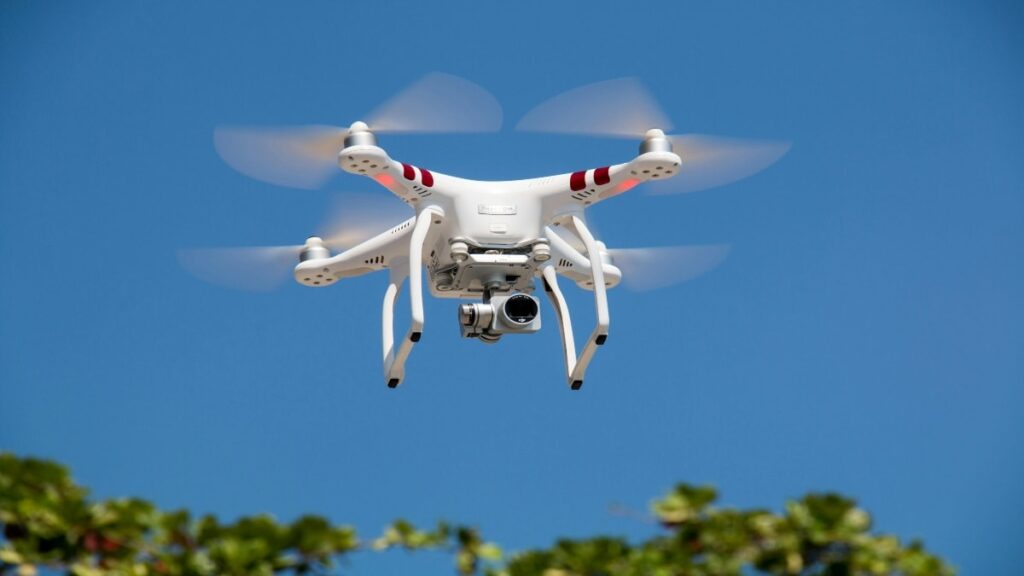In a move underscoring the rising concerns over national security, the Indian Ministry of Defence (MoD) has put on hold a significant order for logistics drones after intelligence agencies flagged the use of Chinese components. These drones, purchased from domestic manufacturers, were earmarked for deployment along India’s sensitive borders with China. Major General CS Mann, Additional Director General, Army Design Bureau (ADB), confirmed the issue, stating, “The threat is real and immediate. The government has already taken steps to address the infiltration of Chinese components into our military systems, especially where data security is at risk.”
Echoing these concerns, Col Ramit Arora (Retd.), CEO & Executive Director of AeroShul Technologies, emphasized the importance of strict adherence to sourcing requirements, noting, “The modern battlefield is fraught with dangers hidden within software and miniature electronics. It’s imperative that we safeguard our military assets against such Trojan Horses, ensuring our supply chains are secure and reliable.”
Views of Col Ramit Arora (Retd): Ensuring National Security in Defence Manufacturing
“The requirement for defence suppliers to avoid sourcing critical and sensitive components from specific countries is not new. This mandate has been a part of the Ministry of Defence’s (MoD) procurement guidelines for years, and it is clearly stated in Requests for Information (RFIs), Requests for Proposals (RFPs), and Expressions of Interest (EOIs) issued to Indian manufacturers. Suppliers must certify their compliance with these sourcing requirements before they can even showcase their products for trials.
This stringent requirement is rooted in national security concerns. The story of the Trojan Horse from the Battle of Troy offers a timeless military lesson: the need to guard against hidden threats. Today, such threats are often embedded in software and miniature electronics, posing significant risks to our security forces. Moreover, ensuring the availability of replacements and spares during conflicts is crucial. Defence supply chains are often the first casualties in war, as nations impose sanctions and bans. Therefore, it’s only natural for India to enforce stringent safeguards to protect its defence supply chain.”
According to Col Arora, many Indian defence manufacturers, including drone makers, are fully aware of these sourcing requirements and adhere to them diligently. However, China, as a global manufacturing giant, supplies critical components across various industries—ranging from rare earth materials and integrated circuits to electric motors and more. “While alternatives exist from friendly countries, the lower costs, easy availability, and shortcuts sometimes tempt manufacturers to use Chinese components, which violates MoD’s guidelines. This is a serious lapse that should be addressed strictly by the authorities,” he states.
“Recent media reports indicate that MoD has cancelled some drone orders from local manufacturers due to the use of Chinese components. If these reports are accurate, it represents a severe breach of trust and commitment. The MoD has strict rules to address such anomalies, but it is important to note that this action is more of a response to specific incidents than the introduction of a new policy.”
The immediate impact on the drone industry is significant.
According to him, the industry understands the buyer’s requirements, particularly the need to avoid components from barred countries, and must adhere to these requirements in both letter and spirit. The defence and space sectors are attracting significant investor interest, but new entrants must approach this industry with seriousness and commitment. In his view this is not a sector for speculative ventures or startups seeking quick profits. The industry demands strict adherence to quality, rigorous testing, and long-term customer service commitments.
While ‘Make in India’ and ‘Atmanirbhar Bharat‘ are commendable policies, they must be implemented with careful consideration, he states. For example, “drone component indigenization should be approached cautiously, given the limited order quantities. Most drone orders are in the hundreds, which may not justify establishing a purely Indian supply chain for certain sub-components. If a drone requires an ultra-high-density battery with specific requirements, it may not be feasible for an Indian manufacturer to produce it solely for a small order. The same challenge applies to other specialized components like cameras, gimbals, and motors.”
Component manufacturers invest heavily in research and development, building large facilities, and selling thousands of units globally. “If a tendered system requires advanced technology, such as a day/night camera on a 360-degree rotating gimbal, and the order is for only 50 units, finding an indigenous Indian manufacturer becomes challenging. While it is possible to source components from non-barred nations, sourcing them exclusively from India may not be viable unless the demand justifies the growth of the related component industry.”
To address this, he states the government could directly fund the indigenous manufacturing of critical drone components and sustain the industry through sufficient orders. However, developing a comprehensive component ecosystem within India will take time, driven by demand dynamics. In the interim, manufacturers must remain vigilant in sourcing components from trusted sources to avoid compromising national security.”
Live Updates







